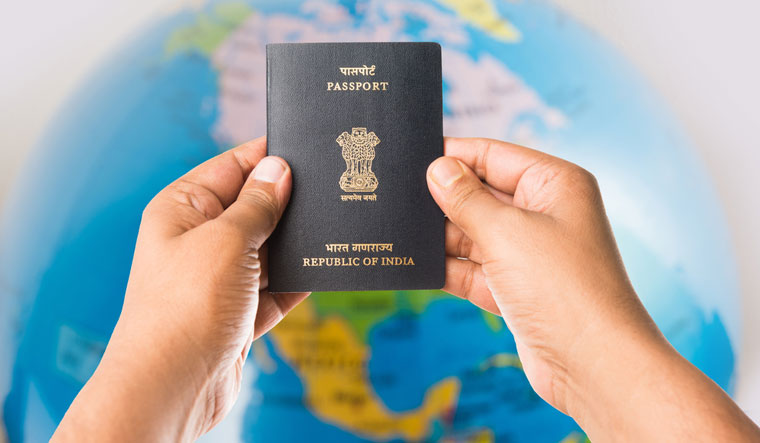Dual Citizenship in India. All you need to know about Overseas Citizenship of India!

- What is dual citizenship?
- Dual citizenship, also known as dual nationality, is a legal status in which an individual is a citizen of two different countries. It means that the person holds the rights and privileges of citizenship in both countries simultaneously. Dual citizenship can be acquired in several ways, depending on the laws and regulations of the countries involved.
Here’s an example to illustrate dual citizenship:
- Let’s say John was born in the United States to American parents, but his parents are originally from Canada. Due to his place of birth, John automatically acquires U.S. citizenship at birth. Additionally, Canada grants citizenship based on descent, so John is also eligible for Canadian citizenship through his parents.
Does India accepts Dual Citizenship?
- No, India does not currently accept dual citizenship. The Indian government does not recognize the concept of dual citizenship under the Citizenship Act of 1955. The act states that a person who acquires citizenship of another country automatically loses their Indian citizenship.
Overseas Citizenship of India (OCI) Card
- While not technically dual citizenship, The OCI card allows foreign nationals to have a form of identification and a connection to India, even if they do not hold Indian citizenship. It grants several advantages to the cardholders, including:
- Multiple entries: OCI cardholders can enter India multiple times without the need for a separate visa.
- Lifelong visa: The OCI card provides a lifelong visa-free travel facility for the cardholder to visit India, allowing them to stay in the country for any length of time.
- Exemption from FRRO registration: OCI cardholders are exempt from registering with the Foreigners Regional Registration Office (FRRO) for any length of stay in India, regardless of the duration.
- Parity with non-resident Indians (NRIs): OCI cardholders enjoy similar economic, financial, and educational benefits as NRIs in matters like property rights, access to educational institutions, etc.
However, it’s important to note that the OCI card does not confer Indian citizenship. It is not equivalent to dual citizenship. OCI cardholders do not have the right to vote, hold public office, or obtain government employment in India.
Benefits of having an OCI card
- Multiple entry
- Lifelong visa to visit India
- Exemption from registration requirements
- Parity with non-resident Indians in economic
- Financial, and educational matters
- Parity with non-resident Indians in economic, financial, and educational matters.
Requirements to obtain an OCI card
- Foreign Passport
- Cancelled Indian Passport
- Persons of Indian Origin card
- Original Receipt of payment of fees
- Status of application
How to obtain an OCI card?
Step 1: OCI Card Re-issuance
OCI cardholders need to apply for re-issuance each time they acquire a new passport up to the age of 20.
Step 2: Re-issuance at Age 50
On reaching 50 years of age, OCI cardholders are required to apply for re-issuance when they acquire a new passport.
Step 3: No Re-issuance between 21 and 50
Individuals aged between 21 and 50 years with an OCI card do not need to apply for re-issuance when they obtain a new passport.
Step 4: Age-based Re-issuance Requirement
The need for re-issuance of the OCI card depends on the age of the cardholder at the time of acquiring a new passport.
Step 5: Simplified Re-issuance Process
The re-issuance of the OCI card is required for accurate information and alignment with the cardholder’s current passport.






